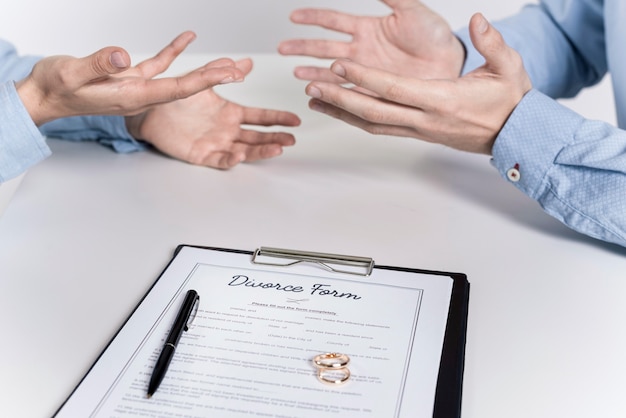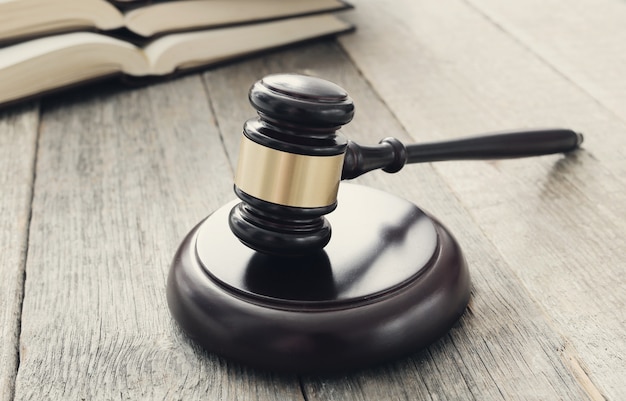If you’re seeking a liquor license There are plenty of criteria you need to fulfill. A single mistake on your application can slow processing time or cause refusal.
The first step is to determine the laws of your state regarding alcohol. The majority of states have quotas which determine the price and accessibility of a license to drink.
Alcohol Distributor License Requirements
In the case of any company that plans to offer alcohol for sale, a comprehensive understanding of the laws in your local laws regarding licensing is vital. Starting with determining if the community can be described as “dry,” which prohibits selling alcohol to obtaining a license, the process can be long and complicated.
The primary requirement for a fresh license must be over 21 and a legal permanent resident or citizen. In addition, a person cannot be granted an license if they’ve been found guilty of committing a crime that promotes prostitution or involved in the manufacturing and sale of controlled substances.
New York is a state. New York also requires price schedules to be submitted by wholesalers as well as manufacturers. It will guarantee that the retailers can acquire products for a reasonable cost. Retailers must also report their sales to the state.
Steps to Obtain a Liquor Distribution License
Based on the state you reside in depending on your state, there’s a variety of procedures to complete in order to get licensing for liquor. The applicants must satisfy the requirements for citizenship (typically residents of the United States or a country which allows its citizens to travel and conduct business in the US) or provide fingerprints and undergo an identity check.
In addition, the business has to meet the 200-foot rule (meaning the restaurant cannot be within 200 feet of places of worship and schools) worship) and also the 500 Foot Law (meaning that the restaurant can’t have three other restaurants with alcohol licenses on premises).
Additionally, applicants are required to attend public meetings of the community board, where they must present their application and present a rationale what they believe should be considered for approval. The tiniest of mistakes or omissions will lead to major delays in processing, or being denied the license. An experienced NY legal professional can to ensure that the application is correct and conforms to all the requirements of the law.
Importance of Licensing in Alcohol Distribution
A liquor license is an essential corporate asset and the process to obtain one could be very difficult. Businesses often delay or do not apply for licenses because they feel the bureaucracy could be too difficult. It’s crucial to get all of the required paperwork at hand prior to submitting your application, such as employer identification numbers, permit for zoning Food handler’s permits, permit for signage, permits leases, and signage permits.
Liquor licensing varies by the state and certain states have limits on the number of establishments that can be licensed at a given point. This can result in it being difficult to get a license if all available licenses are claimed by different companies. In such a situation you may have to wait until the current license has expired to renew.
Choosing the Right Alcohol Distribution License
Each type of license comes with particular requirements and it’s essential to pick the best one to suit your needs. The license class giay phep phan phoi ruou you select is based on the type of establishment that you run as well as whether the customers are allowed to bring their own beverages and if you intend to manufacture your own products.
The process of selecting the correct license could take a long time, and it requires careful analysis. The procedure is long and intricate, which is why it’s recommended to enlist assistance from an experienced attorney.
Based on the kind of license, you may have to file fingerprint forms, verification of limited liability and operating permits. In addition, you’ll need to put up an advertisement, and inform the abutters that you intend to open a liquor store. The successful process will involve the careful study of state, local and federal laws.
Comprehensive Application for Liquor License
In the case of applying for an liquor license in New York, the process could be arduous and confusing. There are numerous specifications that must be met to be approved for a liquor license, such as posting notices in a local newspaper for a specific amount of time as well as submitting a comprehensive state application that contains questionnaires on the personal details including background checks as well as other relevant business information.
It is the New York City Community Board is also required to weigh in on the application, which often will take longer than you expect – a simple mistake could cause delays throughout the process. Once you have received the Community Board has provided its decision then the State Liquor Authority will review the application to make sure that all the necessary paperwork has been completed, and the proposed site and facilities are appropriate for a liquor license.




